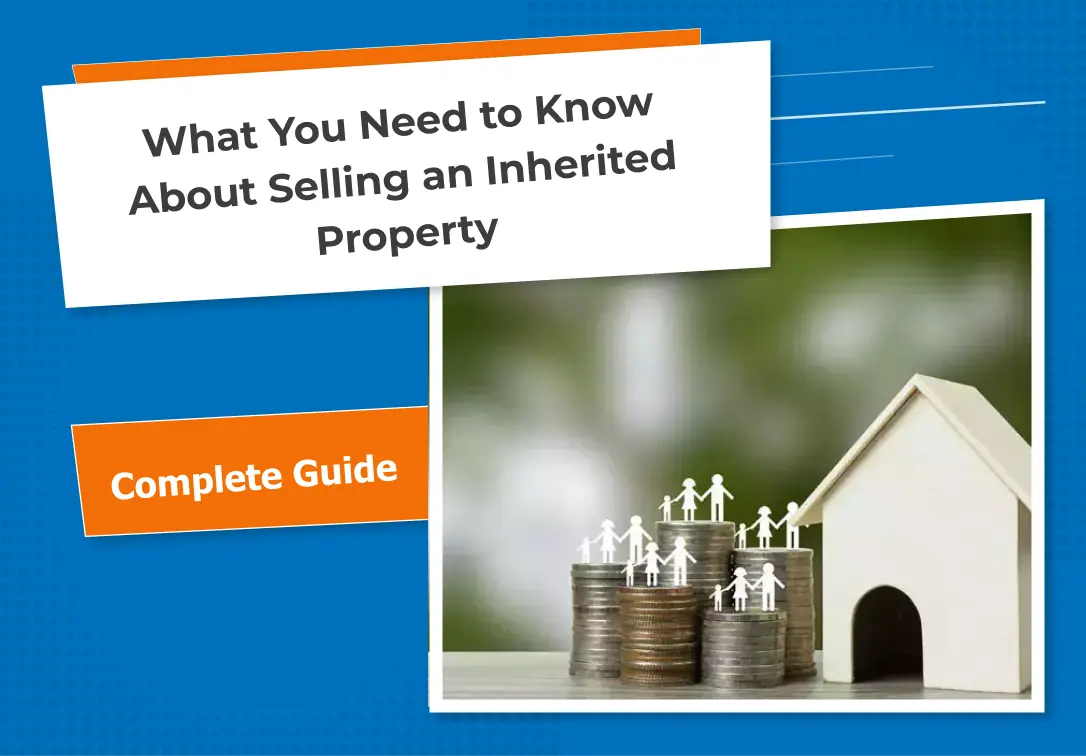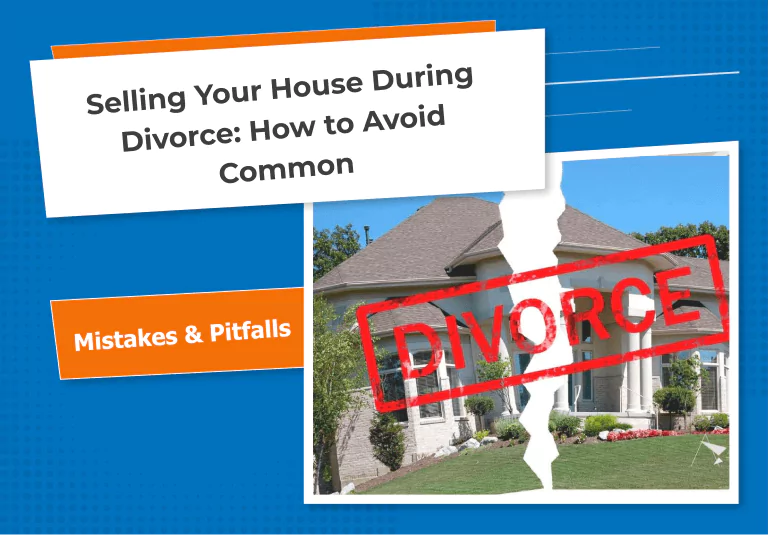
Introduction
Selling a house and a family member’s death are two of the most stressful life events you can face. Therefore, it should come as no surprise that selling a house you inherited, possibly the family home where you grew up, can be emotionally draining.
While selling an inherited property is similar to selling a house, additional legal considerations must be made. Before you sell your home, this article covers everything from inheritance taxes to wills and probate.
1. Read the will
In the event that the individual who has passed on leaving a will, it will spread out the name of the agent (the individual responsible for ensuring the last wishes are completed) and the recipients (individuals who will profit from the bequest). It may be more challenging to decide whether to sell the property if it has been left to multiple people, such as you and your siblings.
After somebody has passed on, the most important phase in sorting out their home is to apply for an award of probate from the Probate Library. If the deceased person left a will, the executor must apply. If they did not, their spouse, civil partner, or adult child could apply for probate and manage the estate. You can find instructions on how to proceed on the government website.
After probate has been granted, the executor has the legal authority to act on the deceased person’s behalf and gain access to bank accounts, investments, and property so that it can be distributed to beneficiaries. The probate process typically takes six to eight weeks before it is granted.
2. Apply for the grant of probate
The first step in organizing an estate for a deceased person is to apply for Probate. If the deceased person left a will, the executor must apply. If they did not, their spouse, civil partner, or adult child could apply for probate and manage the estate. You can find instructions on how to proceed on the government website.
After probate has been granted, the executor has the legal authority to act on the deceased person’s behalf and gain access to bank accounts, investments, and property so that it can be distributed to beneficiaries. The probate process typically takes six to eight weeks before it is granted. After probate has been granted, the executor has the legal authority to act on the deceased person’s behalf and gain access to bank accounts, investments, and property so that it can be distributed to beneficiaries. The probate process typically takes six to eight weeks before it is granted. After probate has been
3. List & Market The Home
You are responsible for preparing the house for listing and showing as the property owner. This means maintaining the property in the best possible condition to sell it quickly, for the most money, and with the highest possible return on investment.
During this stage, you might find yourself cleaning up the property, calling a home organization, calling a garbage expulsion organization, cleaning, making fundamental fixes, or doing different fixes that will have a critical profit from the venture.
In some cases, for instance, it merits pulling a rug to uncover hardwood floors or repainting a room. However, major remodeling is never worthwhile.
Most of the time, you only need good lighting, no clutter, and a clean environment. When listing an inherited property, Fusion Home Buyers frequently aims for this result.
4. Negotiate Offers
You should be able to begin negotiations once the house is listed, and hopefully, you will receive some offers. While arranging offers made to the acquired property, understanding the idea of leverage is significant.
You can get the buyer on your side and closer to your asking price if you have enough leverage. In this situation, you should move toward the purchaser’s position to get the property sold. An excellent real estate agent can help you understand the risks and leverage of each offer by guiding you through it.
5. Selling the property
If you get a house as a gift and want to sell it, you might have to get rid of everything in it. However, you should keep some furniture to make the house look better to potential buyers. You can recruit proficient house-freedom organizations to help you.
If the house looks old, you could redecorate it and change the carpets to make it more appealing to buyers. Just be careful how much you spend; if you spend too much, you may be unable to cover your expenses. Local estate agents can provide the value of your property and the potential cost of renovations.
The process of selling your property is the same as selling any other home; however, you may be required to pay additional taxes on the sale proceeds.
6. Accept An Offer And Close
Finally, you must accept and agree to an offer that is best for you and possibly the parties involved. The most well-known botch during this stage is accepting that in the most noteworthy deals, the cost generally implies the best. Nonetheless, you should consider different terms that can lessen your net benefits from selling your acquired property or terms that increment risk.
At the end of the day, it assists an accomplished realtor with deciding the likelihood the exchange will close. When a deal breaks down, it can cost money and time. While it is impossible to avoid it altogether, working with the right real estate agent can improve your chances and reduce the risks.
Sell Inherited Property As-Is for Cash
The guide has talked about selling an inherited property using a traditional real estate agent. Notwithstanding, you can sell an acquired house another way.
You can get cash by selling the property to real estate investors or a company that buys houses. We at Fusion Home Buyers buy houses for cash. This is often a great option for basic properties where the people who get the house want to get rid of it quickly. It’s likewise for somebody who understands what a money home-purchasing organization offers, similar to quick shutting times, don’t bother fixing anything, lower shutting costs, less gamble for the home purchaser, and comfort.





